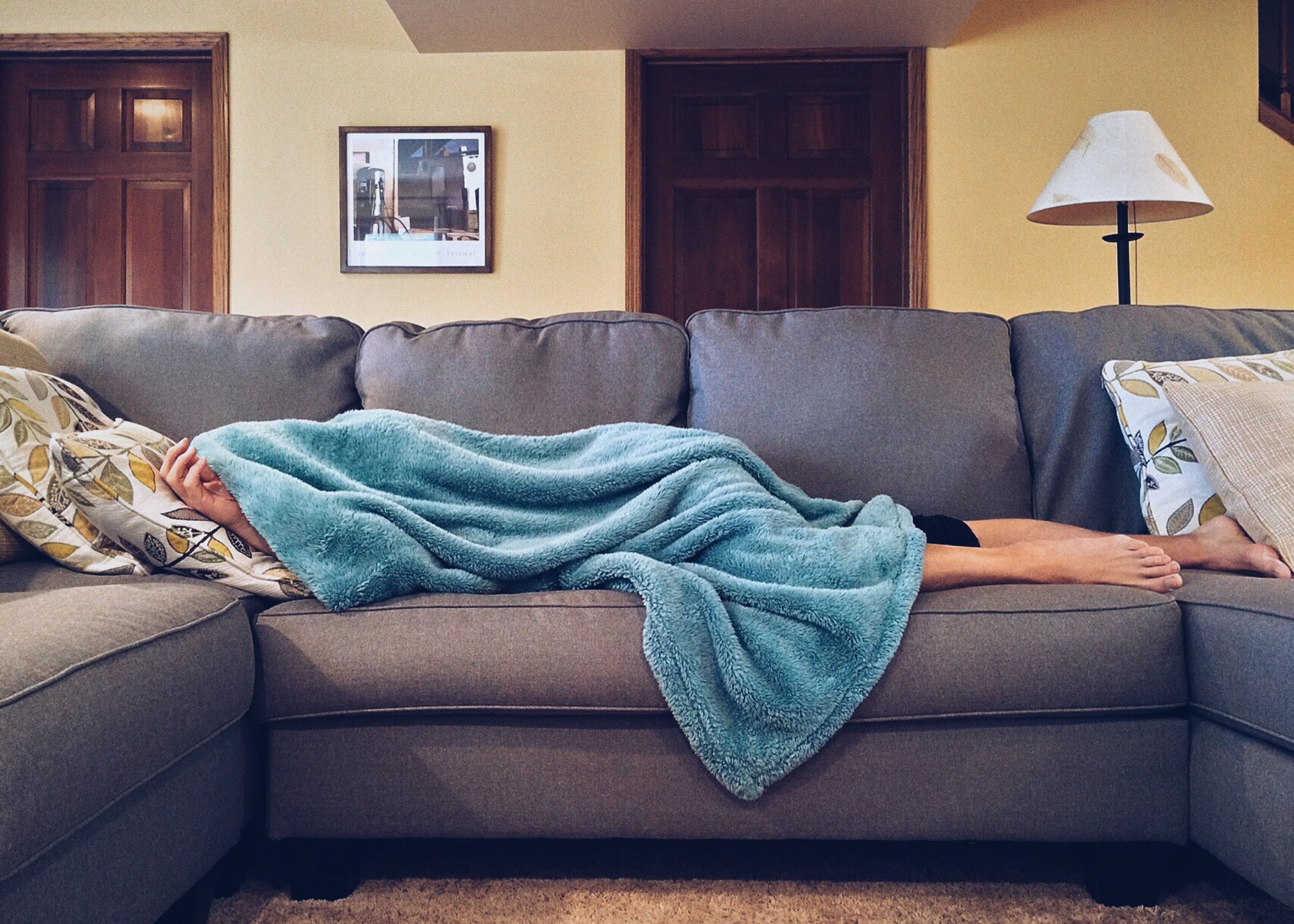Ahhhh, BLISS. That moment when you shut the door behind you, the kids are tucked into bed, the house is quiet, and your job is done for another day. Technically you don’t ever really ‘knock off’, but this is as close as it gets to that feeling of …’job done’! You breathe out, your shoulders drop and you silently pray that everyone sleeps through.
As many of you know, this phase feels like forever when you are in it, however, it is gone in the blink of an eye. All of a sudden everything has changed. You are no longer reading bed time stories, you are no longer needed (definitely not wanted) to run a bath and wash that beautiful soft little body, you are no longer carefully brushing those tiny baby teeth, you are no longer needed for tucking in duty, all of a sudden it would appear you are no longer need (full stop), after all they are a teenager, they know everything, right?
As a single mum of four little people between 8 and 5 months old, I often felt completely overwhelmed by the demands of motherhood and looked forward to the day when they were more independent, however now I look back and long for the simplicity of days where all problems were solved with a cuddle, a sleep, a full tummy, or the distraction of a game outside. These days things are so much more complicated….or are they?
What I now know without question, is that all the foundations we laid in those early years are exactly the same things that ensure our kids are set up to be healthy happy teenagers. Without nourishing food, encouragement to move their bodies, time outside under the suns healing rays, quality sleep and a loving hug when needed, they will simply fail to flourish.
Of course, there are so many other things that require time and attention, however, it is that checklist of non-negotiable NEEDS (NOT WANTS), that makes everything else fall into place. In the last two posts, I covered the important aspects of food and movement, so in this post, I am going to talk about sleep, how much, when, what can interrupt it, and why prioritizing it can absolutely make EVERYTHING else work better.
Many of you will have heard me refer to the 8 pieces of the wellness puzzle, this is because they are all intricately connected. For instance, our sleep quality is heavily influenced by our diet, exercise, and stress levels. Our mental and physical health both heavily rely on quality sleep. Did you know our body does the majority of its healing whilst we sleep, both in the repair and rejuvenation of our physical body and in clearing out, sorting through and clarifying of our thoughts? The fact that poor sleep is epidemic in western culture goes a long way to painting part of the picture that shows why we are seeing the physical and mental health of our culture slowly gurgling down the toilet.
For a complete run down on each of the 8 puzzle pieces, please join me as I guide you step by step, no step skipped! Ther are videos, detailed post, and worksheets to ensure you don't miss a thing.
HOW MUCH SLEEP?
According to Samford University, Teenagers, or those aged 11-22, require 9-10 hours of sleep every night, us grown-ups need around 8 whilst the littlies need around 10 hours.
WHAT DOES THIS LOOK LIKE?
In our house, I am getting myself sorted for bed around 9:30 with the aim of getting off to sleep around 10 pm. 8 hours on, at 6 am, I am ready to get up and start my day, no alarm clock needed. For my youngest who is 9 it is off to bed at 7:30 pm and to sleep by around 8 pm, he then is ready to be up and around by between 6:30-7:30. My teenagers are encouraged to start winding down by 8:30 pm, the easiest way I have found to ‘encourage’ this is by flicking the Wi-Fi off. Soon after, with little else to do, they are showering, reading, and heading off to sleep by around 9:30. They are then kinda ready to be up at 7:30 for school. On the weekends, it is a good idea to encourage a sleep in of an hour or two if wanted, however more than this can throw their body clock out for the days to come. The same time to bed and same time to rise has been a powerful way to support good sleep habits.
Dr Alexandra Parker from the National Centre of Excellence in Youth Mental Health emphasises the importance of simple lifestyle interventions. “Support young people in having some structure and routine, and remember the importance of sleep, diet and exercise. These have been shown to be modifiable risks factors for developing depression or developing anxiety disorders. They are influences which young people can change and have some control over.”
Teaching our kids the importance of good sleep and encouraging good habits empowers them with the knowledge of how to care for themselves. Do they see this now, often no! However, we are here to give them what they need, not what they want! If there is a need for a change in routine in your house in order to support your kids to be the best they can possibly be, and to set them up with healthy habits for their future, then be prepared for the arguments and the tantrums, it is all part of the process. It is their job to test you, it is their job to bounce off you, it is your job to stand strong.
This is the perfect time to remember that prevention is soooooo much easier than the cure!
GOOD QUALITY SLEEP MAKES EVERYTHING ELSE POSSIBLE
Being awake is catabolic (breaks you down) being asleep is anabolic (builds you up)? Therefore, being asleep fortifies your immune system, boost your metabolism, balances your hormones, boost your physical energy, and improves the function of your brain.
A study done by the American Academy of Sleep Medicine showed that poor sleep is equivalent to binge drinking and marijuana use in determining academic results because it interferes with our ability to learn and retain information. Ensuring quality sleep helps all of us to perform better, make better decisions and have a healthy body.
SETTING YOURSELF UP FOR SUCCESS
- Getting enough sunlight in the morning supports the body’s production of cortisol which is the hormone that gives you the energy to be up and on fire during the day. There should be a spike in the morning to get you up and going and then it should peter off in the evening ensuring you are winding down to a good night’s sleep.
- As the cortisol is lessening your melatonin levels start to rise this hormone causes drowsiness and lower your body temperature setting you up for a good night’s sleep.
- Exercise in the morning rather than at the end of the day. In the morning, your cortisol levels will support you with that lovely spike in energy and conversely exercise too close to bed time will increase your body temperature possibly delaying your ability to fall into the deep restorative sleep we are aiming for.
- Eat early. You may have heard the saying Breakfast like a King, Lunch like a queen and Dinner like a pauper. This is a good rule to follow as you will benefit from having all that energy going in early in the day and require less at the end of the day. Eating early and only a small meal will ensure your body is done with digesting and can use the energy to heal.
- More sunlight and less blue light is a BIG ONE. The blue light that is emitted from our devices be it smart phones, TVs, and computer screens seriously throw out our hormones and plays havoc with the quality of our sleep. Turning everything off an hour or two before sleep time can be a game changer for many.
If you are not yet aware, I am currently running a free video workshop that addresses all the 8 pieces of the wellness puzzle, and the coming week’s theme is all things sleep. So, if you want to learn more please feel free to join us via this link, I would love to have you.
Sleep tight,
With love Edwina

